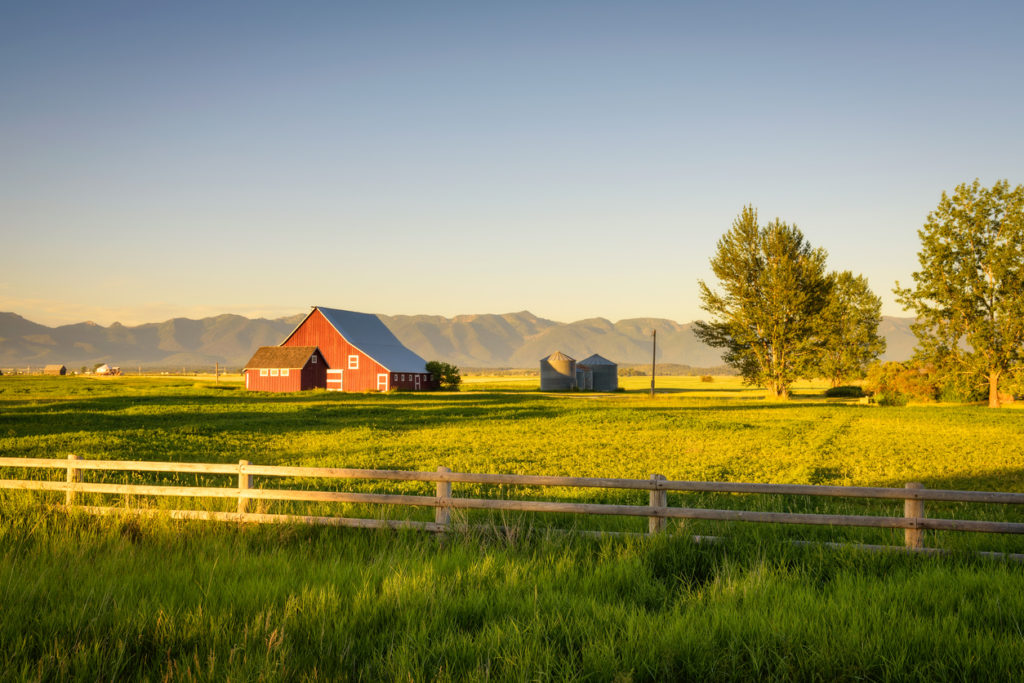Published: 11.06.2019
The European Climate Foundation (ECF) reviewed Europe’s decarbonisation opportunities through six hypothetical scenarios for hitting net zero emissions by 2050. The ECF report offers a broad macroeconomic assessment of the way forward and develops a wide perspective for transitioning Europe’s electricity, heat and transport demand. The FREE initiative believes it is important to assess how this potential for decarbonising the European economy relates to off-grid rural areas. Since 2010, the FREE initiative supports the specific energy needs of rural communities and promotes decentralized energy solutions to decarbonise off-grid homes. Indeed, rural communities have different energy needs, and a reduced choice compared to their urban equivalents.
With such a diverse building stock across Europe, off-grid heat ought to be looked at separately. With 57% of European citizens living in rural areas and 24% at risk of poverty or social exclusion, consumers in off-grid areas face unique challenges. To decarbonise the off-grid sector, we need to understand consumer behaviour when it comes to heating demand.
Building types, national energy costs, insulation levels and the type of climate are largely influential in determining the best option for consumers. Whilst a technological solution may perform best in a newly build home, the same technology may not be the best option for a home that is older and hard-to-heat. Equally so, whereas some technology-savvy consumers will actively engage with smart and connected energy systems, this might not be an effective pathway for all. For others, including Europeans living in rural communities, familiar low carbon heating solutions may be more attractive and therefore more likely to be deployed. In the end, providing consumer choice is key.
In the challenge to meet binding climate targets set out in the Paris Agreement 2015, there is no silver bullet. By taking a technology agnostic approach, we move away from the electrification vs green gas opposition. The ECF report also acknowledges the ‘complementarity of direct electrification with carbon-neutral green gasses and heat networks.’ Whilst the gas vs electric debate can often be divisive, Europe’s diverse building stock would benefit from a diverse energy mix, as highlighted in the FREE initiative’s study on a ‘mixed technology pathway.’ Through collaboration and utilisation of the most suitable technologies, we can better support all types of household through the low-carbon transition.
In addition to the aforementioned important climate change considerations, energy policy should also address broader societal challenges. Energy poverty for instance is already a widespread and cardinal issue across Europe. Therefore, it is important that both the emission reduction potential and the costs of the various technology pathways are considered. Such a mixed approach will optimise the actual deployment of technologies into the buildings in which they operate best, providing a more cost-effective solution whilst also lowering carbon emissions.
https://europeanclimate.org/wp-content/uploads/2019/03/Towards-Fossil-Free-Energy-in-2050.pdf
https://www.rural-energy.eu/wp-content/uploads/2018/10/FREE-report-on-Why-Rural-Energy-Matters.pdf


Recent Comments